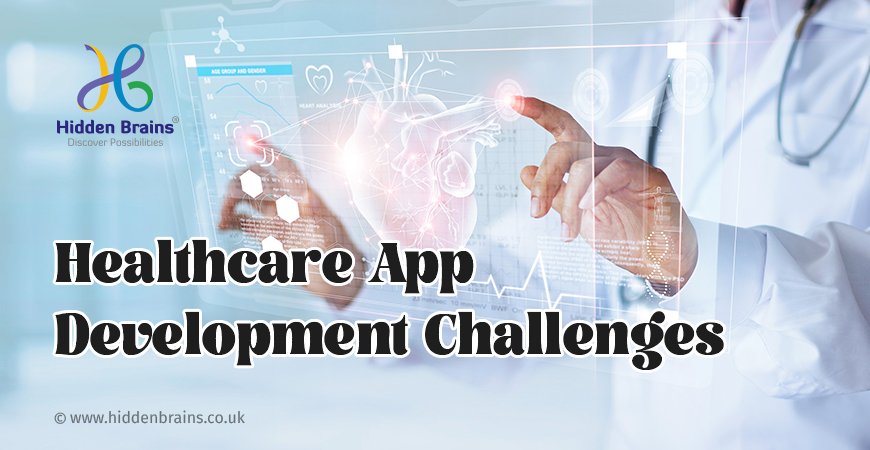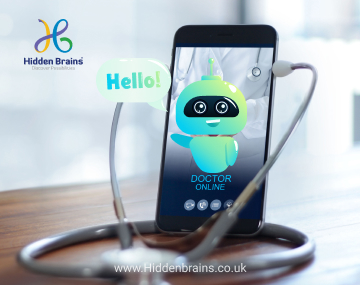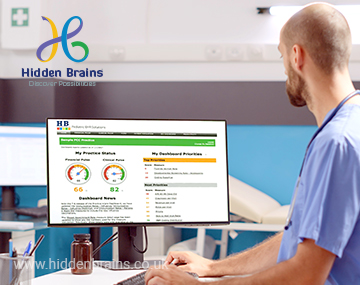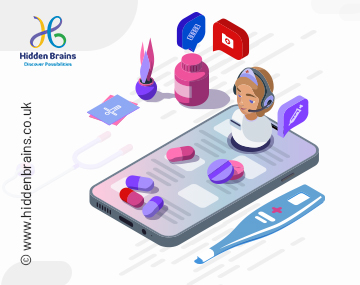
The Healthcare industry is at a crossroads of change. Digital transformation is making massive inroads in the healthcare industry. As a result, there is a pressing demand for healthcare organizations to take a leap and not just rely on web/desktop/or Intranet-based healthcare applications/software.
Post-pandemic & beyond, there is a need to accelerate the adoption of mobile healthcare applications to ensure vital information is available to all stakeholders.
The change is fast, improving access to critical information and virtually connecting patients and doctors. Healthcare mobile applications can fundamentally transform the way healthcare is delivered, further driving industry-level change empowering better care for people.
Are you looking to build a secure and robust healthcare app?
However, there are several challenges when it comes to healthcare app development.
In this blog, we have listed the major roadblocks and challenges in healthcare app development.
Compliance/Security:
Security is one of the most challenging and sensitive issues in the healthcare industry. With the rising numbers in hacking and ransomware, HIPAA and other compliance requirements is a major issue for hospitals. It is important to eliminate security breaches to build a level of trust between providers and patients. It is important to ensure that security is the central point of healthcare app development and not an afterthought. Data encryption, network security, robust infrastructure, backup, monitoring, testing, compliance should all be incorporated in the mobile app development process based on sound security fundamentals.
Healthcare app development is all about consistency and implementing industry best practices to ensure app security and protection from attackers. Security-first is the only way out to ensure that apps deliver relevant information and robust features without increasing total risk.
Equally important, is to comply with all guidelines set by the Health Insurance Portability and Accountability Act’s (HIPAA) or General Data Protection Regulation (GDPR) to safeguard patients’ privacy.
Patient Engagement
One of the most important factors in winning over the trust is increased transparency between healthcare providers/doctors and patients. This factor is often overlooked in healthcare app development. Very often healthcare applications fail to grab the interest level of patients/users. In order to increase engagement level of patients it is important to bridge the pain points, as well as provide health and treatment-related data and information in an easy and intuitive manner.
It is important to focus on user-friendly features, as well as offering quick ways to set up virtual consultation appointments, access past medical records as well as monitor health vitals. Patients tend to feel alienated from mobile healthcare solutions that are complex, hard to decipher and difficult to use which add to the frustration instead of simplifying things.
User experience is at the crux of digital transformation with functionality such as speed and responsiveness. The only way to improve user engagement is its simplicity and ease of use.
Enterprise Systems:
Healthcare ecosystem is made of complex, disparate, traditional infrastructure and often conflicting legacy systems, Intranet applications, software, and devices. Many view healthcare mobile application as an addition to the complexity. In such a scenario, mobile healthcare solutions may fail to deliver results. It is a daunting task to create mobile applications that sync with the existing software systems & IT infrastructure to connect the entire healthcare ecosystem.
Resistance from Within
While the healthcare world has progressed tremendously when it comes innovation in medicine, there is a lag when it comes to technology adoption. There is a resistance when it comes to mobility due to fear, uncertainty, and concerns around security issues. Several challenges in healthcare app development are often far fetched and overhyped. Business leaders need to overcome the resistance to create a secure, stable, reliable, framework for digital innovation.
Essential Elements of Healthcare App Development
Adaptability: It is important to build a healthcare app that meets the needs of the target audience. An all in one approach rarely works in the healthcare industry. The key is creating a personalized and contextual experience.
Interoperability: Healthcare apps need to provide consistent experience across different devices and operating systems. It has to be implemented for the entire workforce with varying technological capabilities.
Offline capabilities: Your mobile app needs to provide crucial functions in the offline mode, regardless of data connectivity.
Ease of use: This is a crucial element, especially when healthcare apps are often used by elderly who are not technologically savvy.
Types of Healthcare Apps & Features
- Patient Monitoring: One of the most critical elements is maintaining a record of patients’ health and critical vitals. It is equally important to maintain the record of medical test reports and make it easily accessible to patients and doctors, anytime, anywhere.
- Doctor Appointment & Clinical Assistance Apps: Schedule appointments with doctors, notifying patients and doctors about upcoming checkups.
- Doctor-on-Demand: Also known as telehealth or telemedicine apps, these apps help provide remote healthcare services through online consultations and are especially critical for emergency intervention.
- Patient Health Education: These apps can educate patients about different health conditions by sharing useful, up-to-date information.
- Diagnosis: Preventive purposes to help patients understand their symptoms and call for help as needed.
- Reminder: Reminders to take medicines, vaccinations, and follow other healthy practices.
- Health Monitoring: Monitor conditions of patients with chronic health conditions around the clock and take necessary precautions.
- Mental Health: Meditation, self-care, stress relief, and sleep patterns to help people take care of their mental health.
- Healthy Living: Weight loss, fitness, exercise, and wellness apps as well as connecting with fitness trainers to help people lead healthier lives.
- Nutrition: Diet and weight loss applications with features such as healthy recipes, trackers, and healthy eating guides.
- Women’s Health: Diet and weight loss applications, and they usually come with features like healthy recipes, trackers, and healthy eating guides.
Healthcare Technology Solutions: Future Ahead
Digital acceleration in healthcare in 2021 and beyond is in full throttle. It goes beyond doubt that Covid-19 has compelled the healthcare industry to change due to improved efficiency, safety of patients during pandemic, and better control of patient data. Several emerging technologies such as Telemedicine Services Cloud Solutions, Internet-of-Things, Artificial Intelligence, Blockchain , Big Data & Analytics, Mobile Payments are changing the mobile application development for healthcare.
Healthcare apps play an instrumental role when it comes to helping patients and caregivers take control of health and streamline things.
Related Article : Healthcare Technology Solutions to Transform Eldercare
Related Infographics : How Will Mobile Apps Changed the Healthcare Industry
Table of Contents





